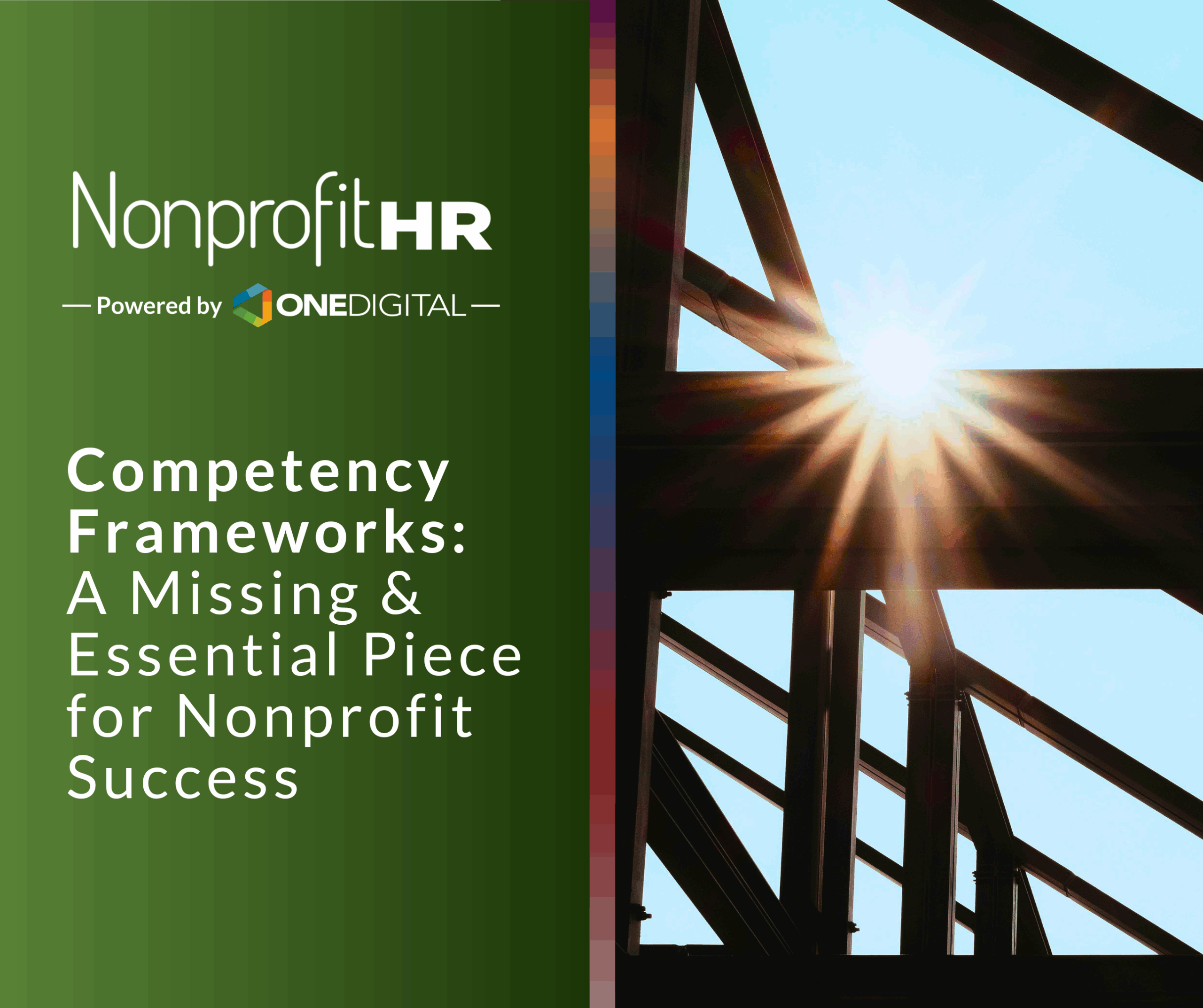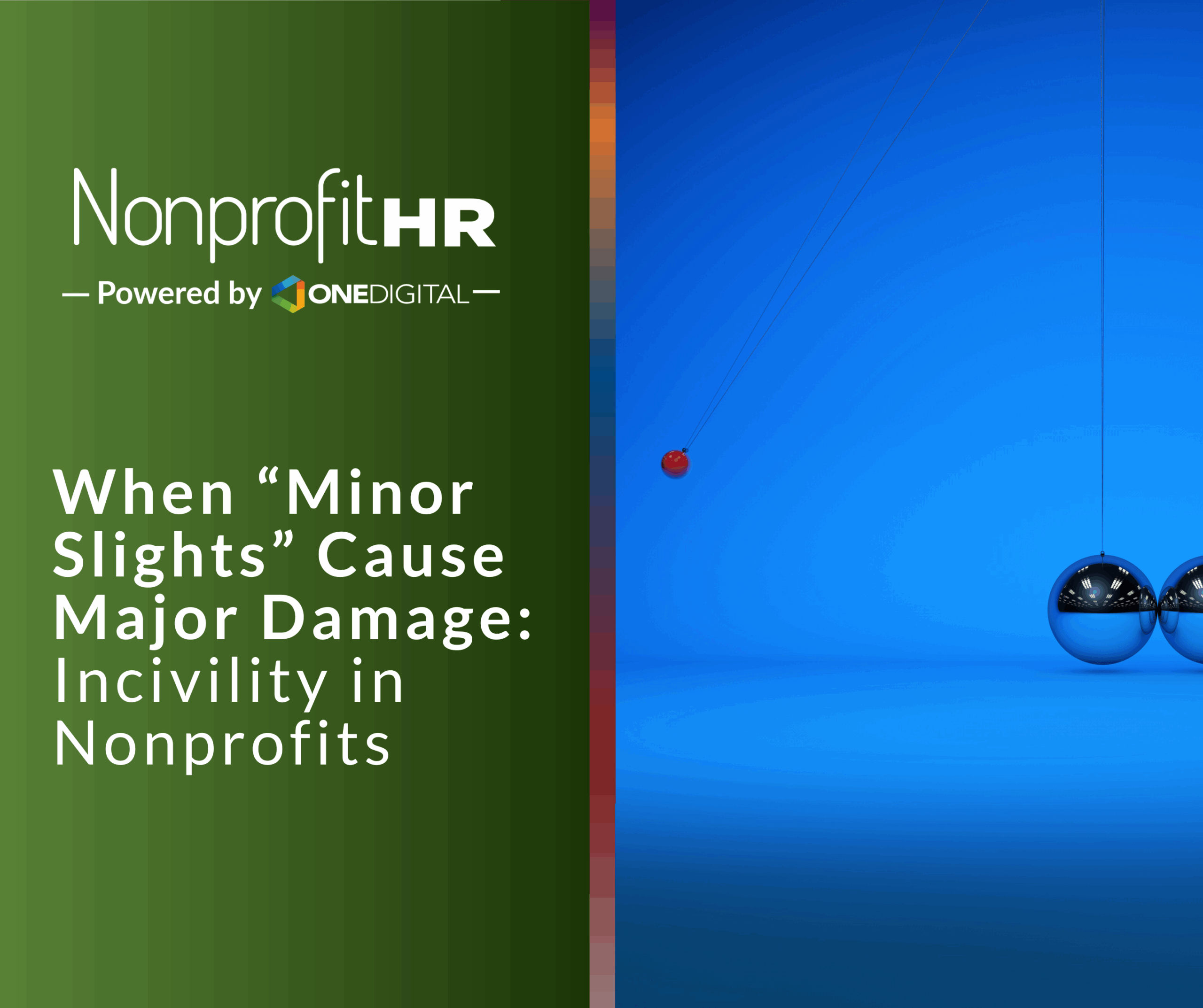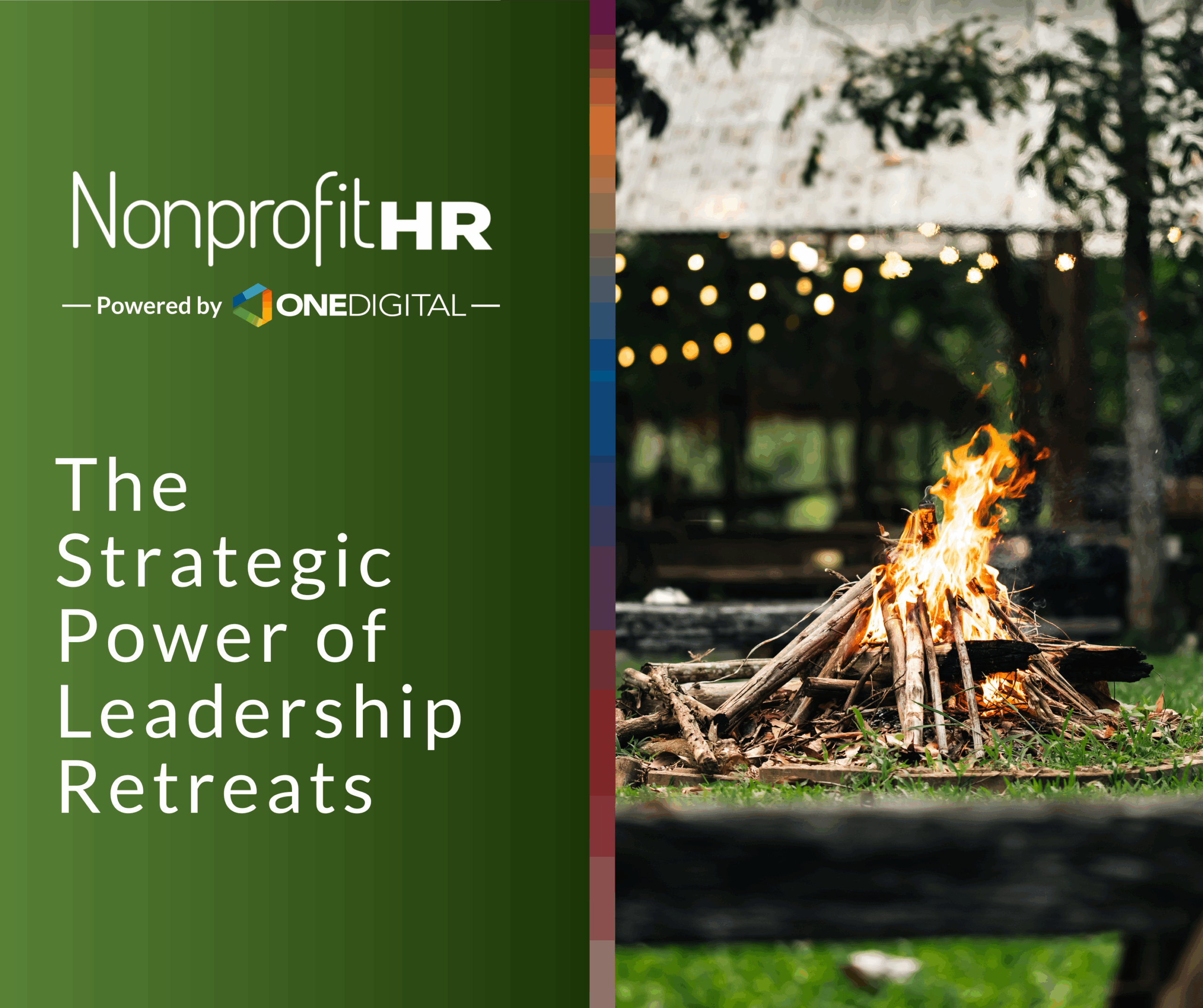WTOP: 5 ways nonprofits can…
By Richard R. Russey, Senior Director of Programs, ZERO TO THREE; and Tracy Crudup, Director of Human Resources, ZERO TO THREE
Finding the nuggets of truth in the old axiom “the only constant is change” is liberating, stimulating, and capacity building for the staff and structure of an organization. It is undeniable that within “change” great power exists, waiting to be harnessed for good. The paradox lies in the fact that the shape and form of the power of change can be either enervating or energizing. Each of us has the opportunity to decide how to experience change. If we abdicate that decision, then we live in the pathway of a tsunami of change, rather than riding the crest of the wave successfully.
To manage change for the benefit of an organization requires understanding its power and harnessing that power to advance and implement ongoing leadership development training activities. Taken together, those in the nonprofit sector can move from existing to thriving when applying these basic guidelines and actions.
There are specifics we can look to in order to make change the powerful and energizing experience that will contribute to our effective leadership:
- Keep our eyes on the horizon;
- Always have a “Plan B”;
- Maintain our physical and mental well-being;
- Build bridges and networks; and
- Think and act deliberately, bringing intentionality and purpose into the manner in which we harness change for the good of our organizations and all those whom we serve.
Simple? Perhaps. But, it is clear from the angst many of us feel about change that some practice in confronting change with a positive mind-set is a valuable lesson to be learned.
Richard Russey, Senior Director of Programs at ZERO TO THREE and Tracy Crudup, Director of Human Resources at ZERO TO THREE, will be conducting the session Leadership Development: Harnessing the Power of Change at this year’s Nonprofit HR Conference. Their session is intended for all professionals, from entry-level to senior management, looking to boost their scope of knowledge and understanding of change and how resources may be enhanced and utilized effectively for dealing with change.





























